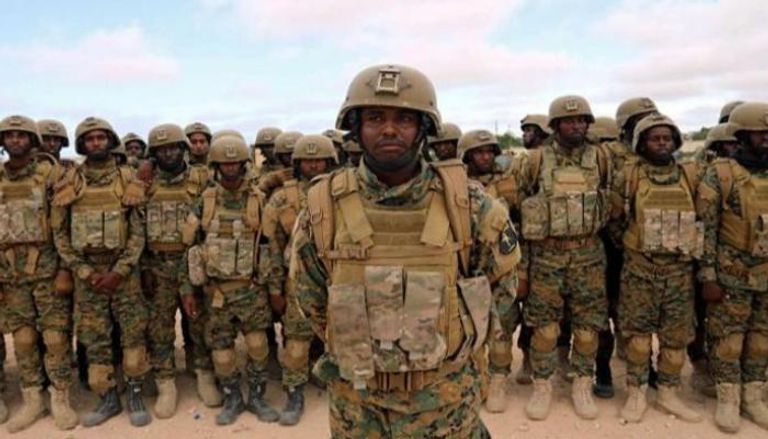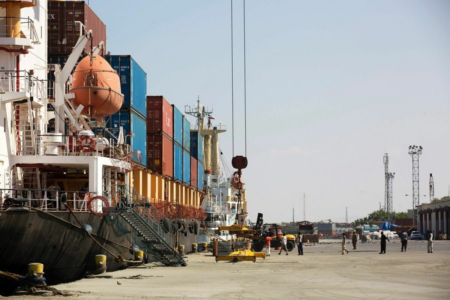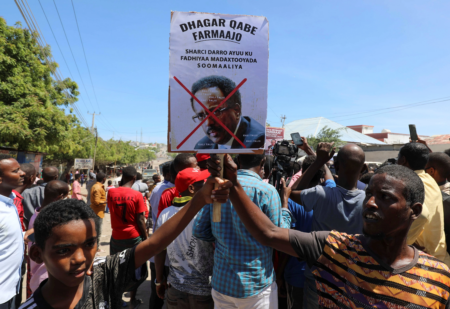Somalia is witnessing a fresh wave of security incidents and political unrest that have intensified tensions across the country.
In the past 24 hours, Mogadishu and several regions have seen clashes between government forces, opposition groups, and the militant organization Al-Shabab, exposing the fragile balance of stability in the Horn of Africa nation.
Fresh Wave of Security Tensions in Mogadishu
On Wednesday, Mogadishu’s Warta Nabadda district turned into a flashpoint after an armed confrontation erupted near the local police headquarters.
The clash involved Somali security forces and the personal guards of opposition leaders, including former President Sharif Sheikh Ahmed.
Local media reported several deaths and injuries, although official figures have not yet been released.
Serious Threat
The Somali federal government accused the opposition of attempting to seize the police compound by force, describing the incident as a “serious threat” to public safety in the capital.
Opposition leaders denied the allegations, claiming the event was an ambush targeting them during a peaceful visit to support civilians affected by earlier security operations.

Crackdown on Planned Protests
Mogadishu Mayor Hassan Mohamed Hussein “Mungab” announced strict measures to block planned demonstrations, stating that the capital “will not tolerate unrest under the guise of politics.”
He warned that any unauthorized protest would be met with firm security responses.
Opposition groups, however, condemned the government’s stance as “political intimidation” aimed at suppressing constitutional rights to peaceful assembly.
Social media platforms have since been flooded with threats and warnings from supporters of both sides, heightening fears of wider violence.
This political tension follows the National Salvation Forum’s announcement of plans to sue President Hassan Sheikh Mohamud and top officials over alleged corruption and constitutional violations.
Intensified Al-Shabab Attacks
At the same time, Al-Shabab, an affiliate of Al-Qaeda, continues to launch coordinated attacks on government positions.
In the Bay region near Burhakabo, the group carried out a deadly assault involving suicide car bombings followed by heavy gunfire, leaving casualties on both sides.
However, Somali intelligence, backed by international partners, scored a significant success in Hiiraan’s Mukuri area, killing three senior Al-Shabab leaders, including Abdi Hirai — described as the mastermind behind major attacks in Hirshabelle.
The operation was conducted without losses among government forces and marked a major blow to the extremist network.
A Complex Security Landscape
Analysts note that these developments highlight the “hybrid warfare” Somalia faces.
While government forces achieve notable victories against Al-Shabab’s leadership and infrastructure, the country remains vulnerable to sudden, deadly attacks and deepening political rivalries in Mogadishu.








